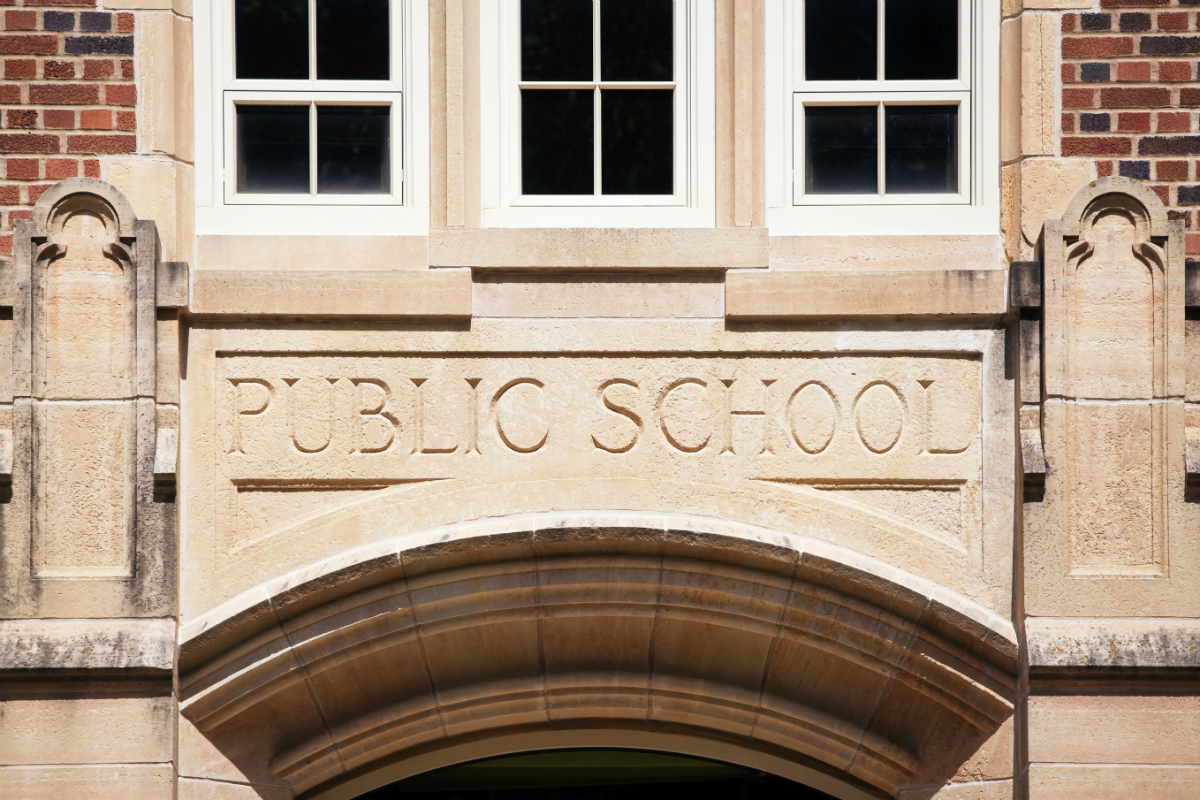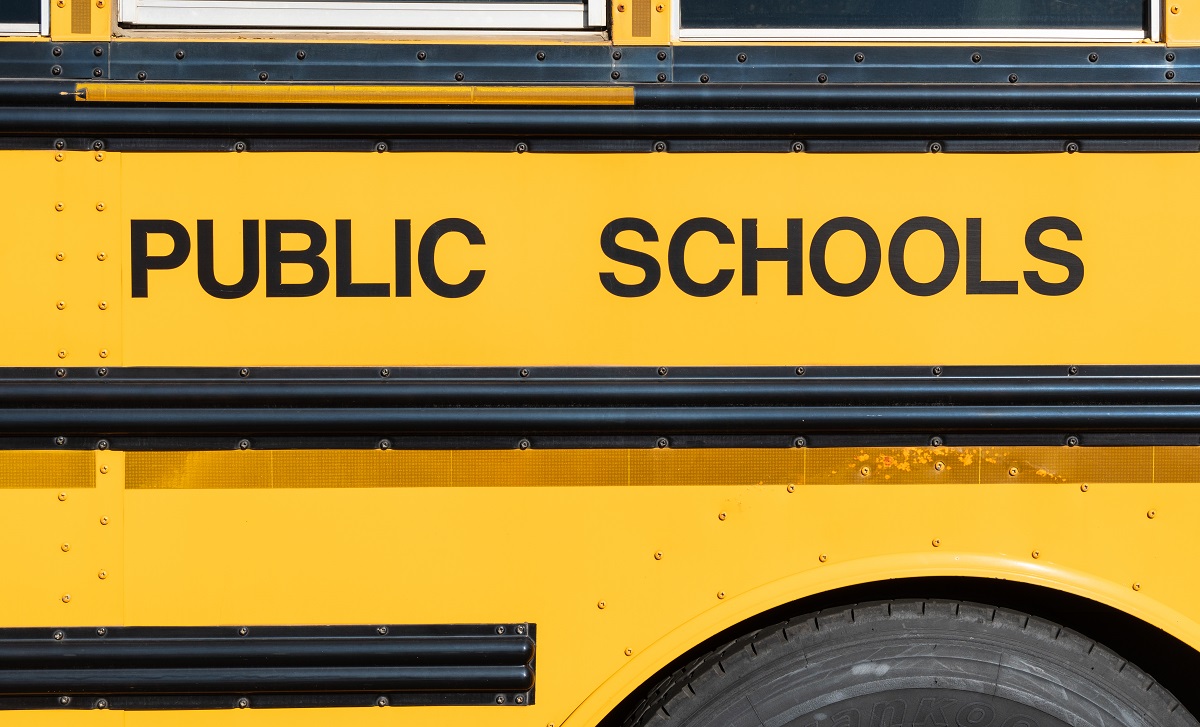By and large, high school principals surveyed by researchers at the Universities of California, Los Angeles and Riverside showed support for civic education regardless of the political context of their communities, district priorities or individual beliefs.
However, support for the discussion of controversial issues was found to be less common in conservative districts when surveys were conducted in 2018, which researchers said raises important questions about a core building block of democratic societies — especially now, as discussion of controversial issues continue to bleed into the classrooms and impact school board meetings.
Authors of the study, published Oct. 15 in the journal Democracy and Education, expressed concern in a Los Angeles Times op-ed that the threat to democracy may be increasing amid the heightened intensity of political rhetoric and rising incidents of anti-democratic actions toward schools and school districts in recent months.
Hyper-partisanship can lessen support for democratic norms and erode the commitment to educate for democracy, as widespread contention could make teachers, principals and district leaders hesitant to engage with varied civic and political content, they wrote. However, more than ever, more parents, educators and community members need to participate in school board meetings, which should include respectful exchange and deliberation based on facts and evidence, rather than falsehoods and threats.
“Public schools are well positioned to support democracy,” researchers wrote in the Oct. 15 op-ed. “They are often centers of their communities, with classrooms that can expose students to a diversity they may not experience away from school. At their best, schools present difficult and challenging ideas to students while promoting evidence-based inquiry and deliberation — practices and capacities that are central to what a democracy needs to function well.”
Key findings
Several important conclusions could be gleaned from the nationally representative survey. First, as mentioned prior, the partisan leaning of a high school’s community is unrelated to the degree to which the school provides support for six of the seven mainstream civic education practices:
- Instruction in social science and history
- Service learning
- Government simulations
- Engagement in school governance
- Leadership activities
- Study of elections
Concern does stem from the finding that high schools in liberal communities were more likely than those in conservative communities to provide support for the seventh aspect of civic education: discussions of controversial issues. “For example, with all controls and independent variables included, a school located in a community where Trump received one-quarter of the vote would, on average, be 19.2 percent more likely to provide support for controversial issue discussion than one in which Trump received three-quarters of the vote,” researchers wrote.
On the other hand, districts committed to the above civics priorities were more than twice as likely to provide professional development tied to the election than schools in districts that were not committed to civics (39.7 percent compared to 18.5 percent).
“The strong relationship between district leadership and the provision of supports for civic education highlights the important potential for systemic district policy and action that focuses on civic goals,” researchers concluded. “Such efforts appear to provide a means for advancing the democratic aims of education and a meaningful counterbalance to constraints on controversial issue discussion associated with conservative contexts. In addition, we suspect, though this needs further study, district commitments to democratic aims such as tolerance and support for vulnerable communities will be even more important than for discussion of controversial issues.”





